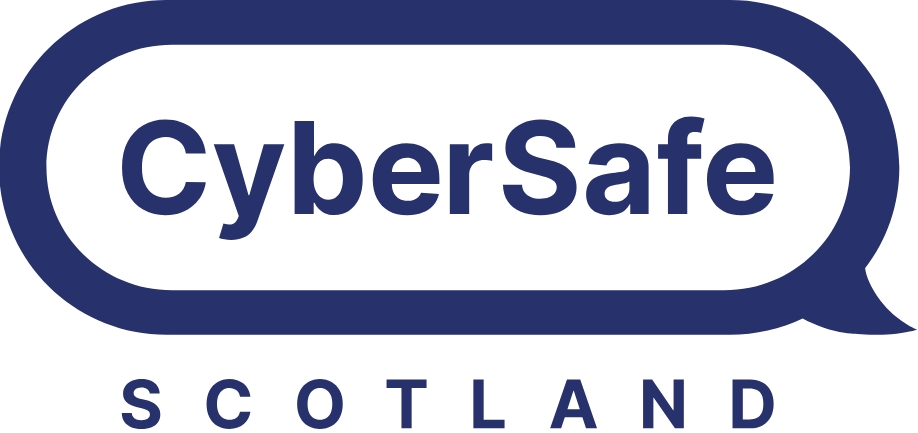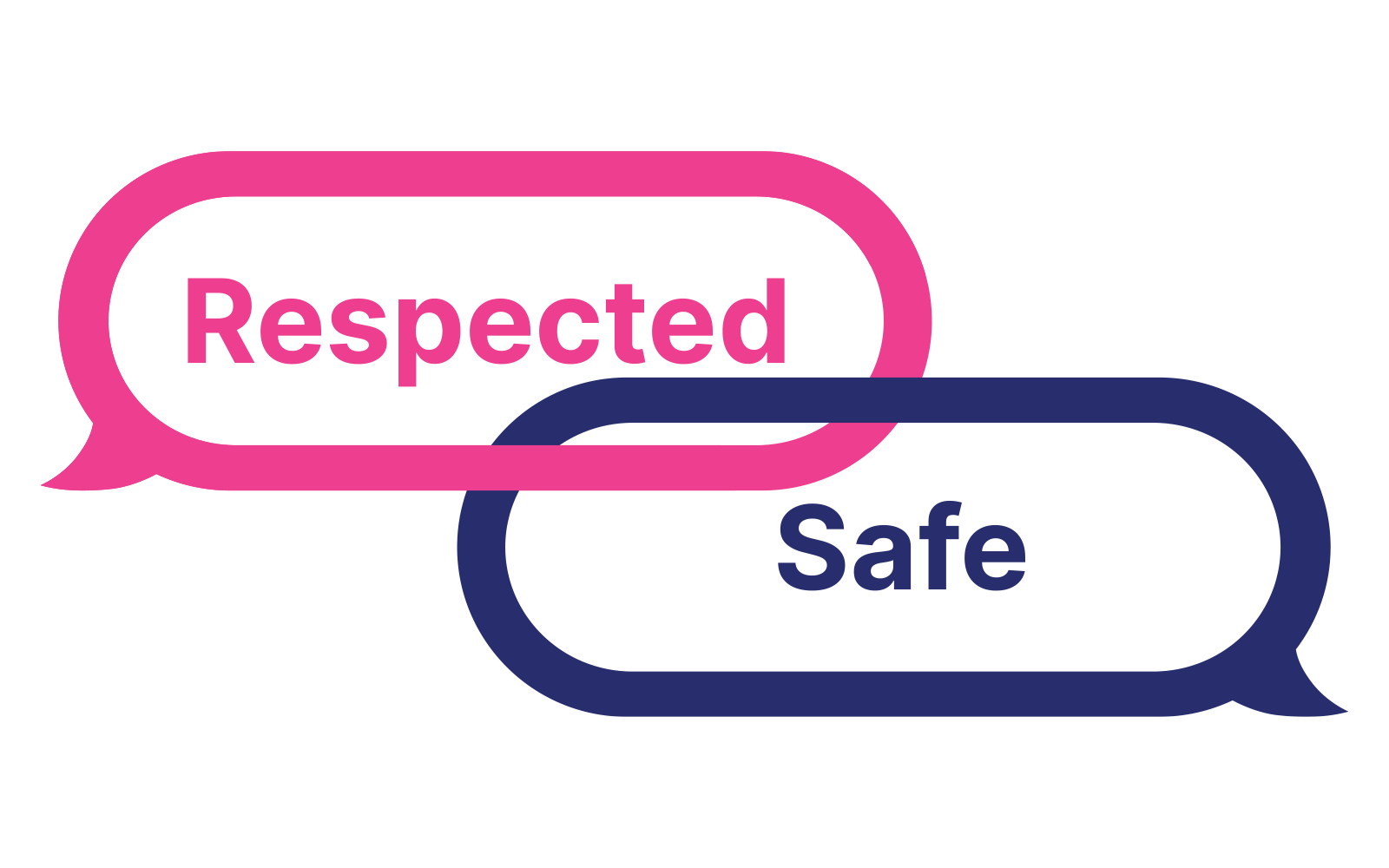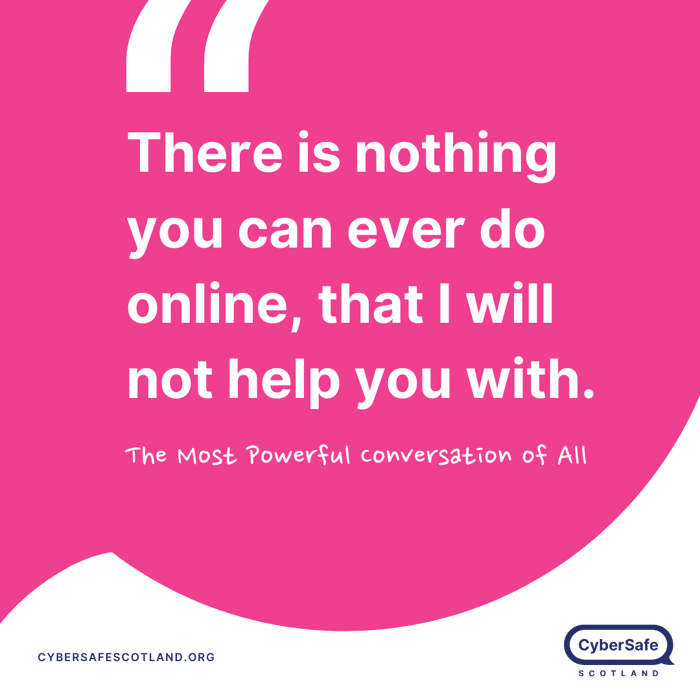Respected & Safe
by Annabel Turner, Cybersafe Scotland
Respected and Safe: Children’s Rights at the Heart of an Effective Response to Online Exploitation

For the last 3 years, Cybersafe Scotland have been working to support children with their experiences of online abuse, harassment and exploitation through building and delivering the Respected and Safe Programme.

Our work has been guided by the priority of the Equally Safe Strategy in Scotland that Scottish Society embraces equality and mutual respect and rejects all forms of violence against women and girls (and all children and young people).
The project has allowed us to work in great depth with more than 1,300 children aged 10 - 13, to understand their most difficult experiences online and honour and uphold their rights under the United National Convention on the Rights of the Child. It enables us to put their views and desires at the heart of how we respond effectively to online harms (Article 12).
“Every child has the right to express their views, feelings and wishes in all matters affecting them, and to have their views considered and taken seriously. This principle recognises children and young people as actors in their own lives and applies at all times throughout a child’s life."
We hope this blog, based on their experiences, will help you to support children who have experienced online sextortion or any form of online exploitation or abuse, and reduce the risk of harm to others.
1. Children and young people currently have little confidence in the effectiveness of reporting
Every report by a child is an attempt to exercise their rights.
And how every report is responded to directly impacts their confidence in whether their rights can be upheld.
Before the pandemic “Block and report” was a mantra of mainstream online safety education. But children are disillusioned with the ineffectiveness of blocking and reporting through the platforms, and they have real reason to be. Throughout the project they have shared experiences of harm where reporting has been ineffective. Frequently the tactics of aggressors are facilitated by the online space e.g. where attackers are allowed to create multiple accounts, creating these more quickly than they can be reported or taken down.
That doesn't mean that we should give up on blocking and reporting as mechanisms to help, far from it. In fact, it is vital that we do continue to encourage children and young people to report harm to the platforms themselves. This is not least because the new Online Safety Act is aiming to create more scrutiny around whether and how platforms have responded to reports.
However, understanding the impact of the issues around platform-based reporting and the (in many ways) consequential normalisation of certain patterns of online abuse, can help you to support children and young people from an early age.
By acknowledging the issues and clearly offering support where platform-based reporting fails, you can create another line of defence to harm, and help each child to feel seen, safe and supported in their online spaces.
If a child experiences online sexual abuse (including sextortion or attempted sextortion) it is vital they are supported to report in 3 ways:
- To the Police
- To the Report Remove Tool if images have been shared
- To the platform itself
It is also vital that children know that if their experiences of reporting are not effective, we will stand with them (as individual practitioners and through reaching out to advocates like Cybersafe Scotland and to the government) to change that so they are not left alone with experiences that disempower them.
2. At all times we must work to reduce shame
Children and young people frequently feel responsible for harms and abuse online for which they should never have held responsibility, and which often could have been prevented e.g. by better platform design.
A child should never bear the responsibility for any abuse or exploitation they have experienced (Article 34).
Throughout the project and throughout our webinar with Paul Rafille, Ros Dowey and Kasia Owczarek and myself, which you can watch here, we have also been seen the direct impact of the pace of change around perpetrators’ tactics online to keeping children and young people safe.
This makes it harder for practitioners to feel confident in their ability to keep pace with threats etc.
The simple message that there is nothing that can ever happen online that we will not help them with is vital and powerful.
It is an acknowledgment that they are not responsible for this harm and that we are the duty bearers of their rights and are stepping into that. We hope that this Fearless campaign and our webinar will help you to feel a sense of confidence in your ability to support the young people around you.
3. Children’s rights must be at the heart of any effective response
Much of what is currently happening to children and young people online is a direct consequence of their rights not being upheld. We see through the programme that
increasing every child’s right to participate to effectively defend their rights in the digital
space can be transformative.
Children and young people need us to advocate for them, and to help them to raise their voices to challenge online harm in powerful ways.

Cybersafe Scotland
Annabel practised as a Barrister for 10 years. She is a specialist in children’s rights and online child sexual abuse and exploitation and the Director of Cybersafe Scotland.
For more information on how you can become involved with the work of Cybersafe Scotland and the Respected and Safe Programme you can reach out through their website (www.cybersafescotland.org) or you can follow their work @cybersafescot on Facebook, Twitter and LinkedIn.
This blog is part of our Fearless Scotland sextortion campaign. You can learn more about the campaign: https://crimestoppers-uk.org/fearless/professionals/fearless-scotland/sextortion-campaign
